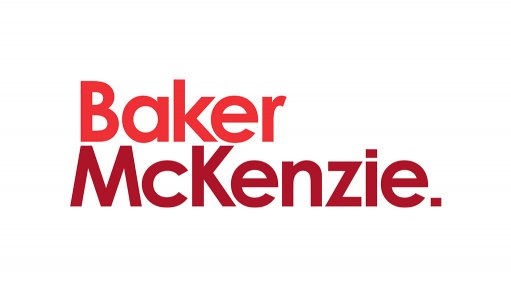
The South African National Treasury published the Second Draft Carbon Tax Bill for public comment on 14 December 2017. Since South Africa endorsed the 2015 Paris Agreement on climate change and indicated its commitment to reduce greenhouse gas emissions, the carbon tax has formed an important part of South Africa’s package of measures to reduce its emissions (coupled with appropriate regulations and incentives).
The Paris Agreement comes into operation in 2020 and in light of this, National Treasury, in its media statement of 14 December 2017, indicated that the actual date of implementation of the carbon tax will be announced during 2018 or in Budget 2019, taking into account the state of the economy. The carbon tax is predicated on the “polluter pays” principle and ensures that the real cost of greenhouse gas emissions to the environment and society are incorporated into the price of carbon intensive production activities.
The Draft Carbon Tax Bill, inter alia, sets out the base and rate of the tax, persons liable for the tax and the calculation of the tax payable (taking into account certain allowances). The calculation of the tax base is linked to the Department of Environmental Affairs (DEA) mandatory reporting requirements of emissions for all economic sectors in South Africa. It is important to note that businesses must report their greenhouse gas emissions in line with reporting requirements designed by the DEA and this may differ from the way they report their emissions using the greenhouse gas protocol or the ISO 14064.
It is paramount that entities that will be affected by the Carbon Tax Bill once it is promulgated, prepare now so that they are able to meet their obligations in terms of the Act. It is inevitable that the Carbon Tax Bill will be promulgated before 2020, and so the ground work to ensure compliance should now begin.
Written by Seelan Moonsamy, Tax Consultant, Baker McKenzie Johannesburg